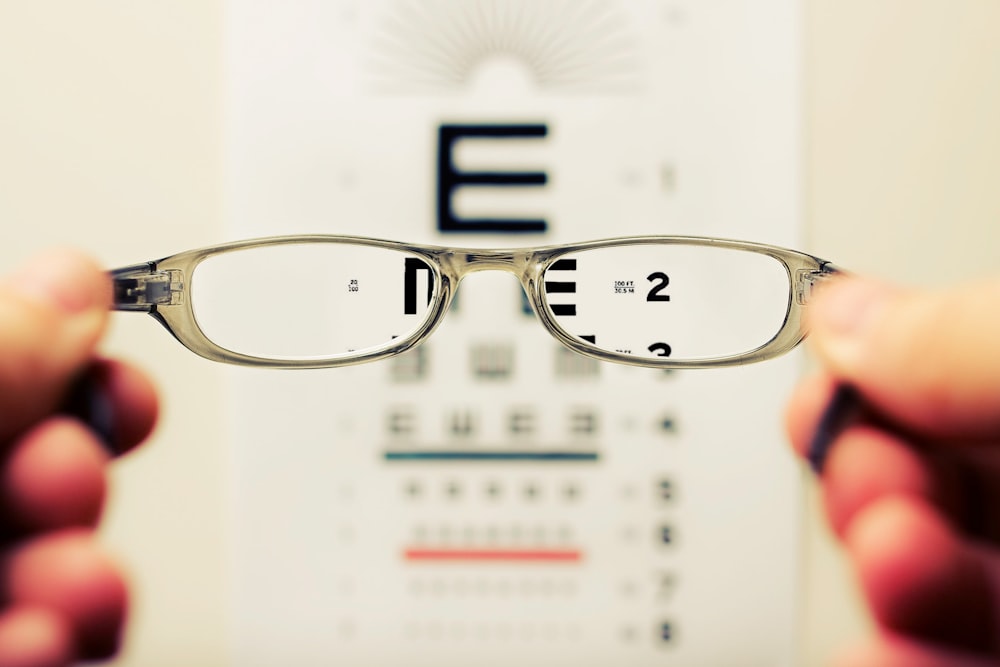The body undergoes many physical changes when you turn 40, which may explain the increase in memory loss in middle age men.
The most significant of those changes is neither the slowdown in the release of your sex hormones, nor the withering of muscle mass. It is the physical shrinking of the brain, which can cause memory loss.
This can cause memory loss, such as the inability to recall a familiar name during a chat, missing an appointment because it slipped your mind, etc.
Though memory loss can affect people of all ages, we tend to find it disconcerting as we get older than 40.
Thinking of such things as a sign of dementia, or of nascent Alzheimer’s can be scary. Before you imagine the worst, you need to know how to keep your memory sharp after 40.
1. Don’t Stop Learning
Scientists believe learning new things makes your brain larger. In other words, a higher level of education is related to enhanced mental functioning in old age.
Research has shown the weight and/or volume of the brain declines as one’s age increases. The brain decay at a rate of about 5% per decade after one clocks 40.
But this shrinkage is not uniform, and a large percentage of it takes place in the frontal cortex. This implies that as one gets older, learning new things become more difficult.
In seeking advanced education, you can help keep your memory sharp by inculcating the habit of being mentally active. Try to read; partake in a book group; play chess/bridge; learn a new language or skill to improve your mental health.
2. Play Crosswords Often
In a study done in 2017, which was presented to an international conference on Alzheimer’s in the UK, it was concluded that people who are crosswords addicts have brains, which are 10 years younger than their real age.
The research took data from 17,000 people, and authors of the study. This focused on attention, short-term memory, as well as the speed of participants’ responses to grammatical tests.
3. Eat Salads Daily
In a study on cognitive decline that was conducted by experts from Rush University, people who ate about 3 servings of vegetables daily had less memory loss.
They showed a 40 percent slower cognitive decline rate than those who didn’t. This implies that vegetable lovers have the mental strength of a person who is 5 years younger.
It appeared that green leafy vegetables, experts say, show the strongest effect. This may be due to their high level of vitamin E.
You should consider adding spinach, sunflower seeds, or almonds — all rich in vitamin E — to the mix when enjoying your Salad.
4. Try out Cognitive Neuroenhancer Supplements
Another method that you can utilize to reduce memory loss is through the use of cognitive neuroenhancers called Nootropics.
They are also known as “Smart Drugs” due to their effectiveness in enhancing overall brain health and functionality.
As an adult, incorporating the use of Nootropics from an early stage can help you age gracefully by suppressing conditions associated with memory loss due to advancement in age.
5. Be More Attentive
As your age increases, your efficiency at sifting through various kinds of sensory information reduces. This often happens to the extent that a distraction caused by an environmental entity can interfere with the formation of memories in the brain.
A recent study, however, recommended a solution to this memory loss problem in older adults.
In the research, participants were told to select certain letters from a mix of them while paying no attention to superfluous sounds. Those who finished the attention-training courses first in noisy rooms scored significantly higher.
6. Possess Strong Self-Belief
Myths about aging can play a role in causing memory loss. Middle-aged as well as older learners perform worse on memory-related activities when exposed to unwholesome stereotypes on aging and memory.
They do better when there are positive messages on memory preservation as they approach old age.
People that hold on to the notion that they do not have control over their memory function show less likelihood to strive to maintain or improve their memory skills. Therefore, they are more likely to show a cognitive decline with age.
If you have the belief that your memory about things can get better and you support that belief with action, you stand a better chance of ensuring your mind stays sharp.
7. Preserve Your Vision
According to a Baltimore Medicine Journal report, maintaining good vision as you get older decreases your chances of memory loss. This also decreases the development of dementia by 63 percent.
Even if you don’t have such good eyesight, you can arrange a visit to an optician for an eye test.
Treating an eye problem can reduce your likelihood of experiencing dementia by approximately the same 63 percent.
This connection can be explained by the fact that having one’s vision impaired makes participating in mental and physical tasks (like reading and exercising) difficult. It could also impede an older person’s ability to engage in social activities that could aid the delay of cognitive decline.
Conclusion
To keep your memory sharp after 40, you need to continue seeking knowledge, play crosswords/jigsaw puzzles regularly, believe in yourself, and preserve your vision.
You should also be more attentive, eat healthily, consume more salads daily, employ mnemonics in committing things to memory, and be more sociable.
The benefits of having a good memory are enormous. Great mental health can prevent Alzheimer’s, reverse memory loss and delay cognitive decline.
About the author:
Steven Sanders is a writer and blogger. He lives in Los Angeles, California and enjoys spending time with family and friends, and plays baseball in his free time. Steven is a health and fitness enthusiast, always looking for a new way to better himself. He can be reached at oneroadtorecovery@gmail.com
Ken Weiss is a health blogger who is passionate about natural and holistic cures for men’s health issues. He is the founder of menshealthcures.com



